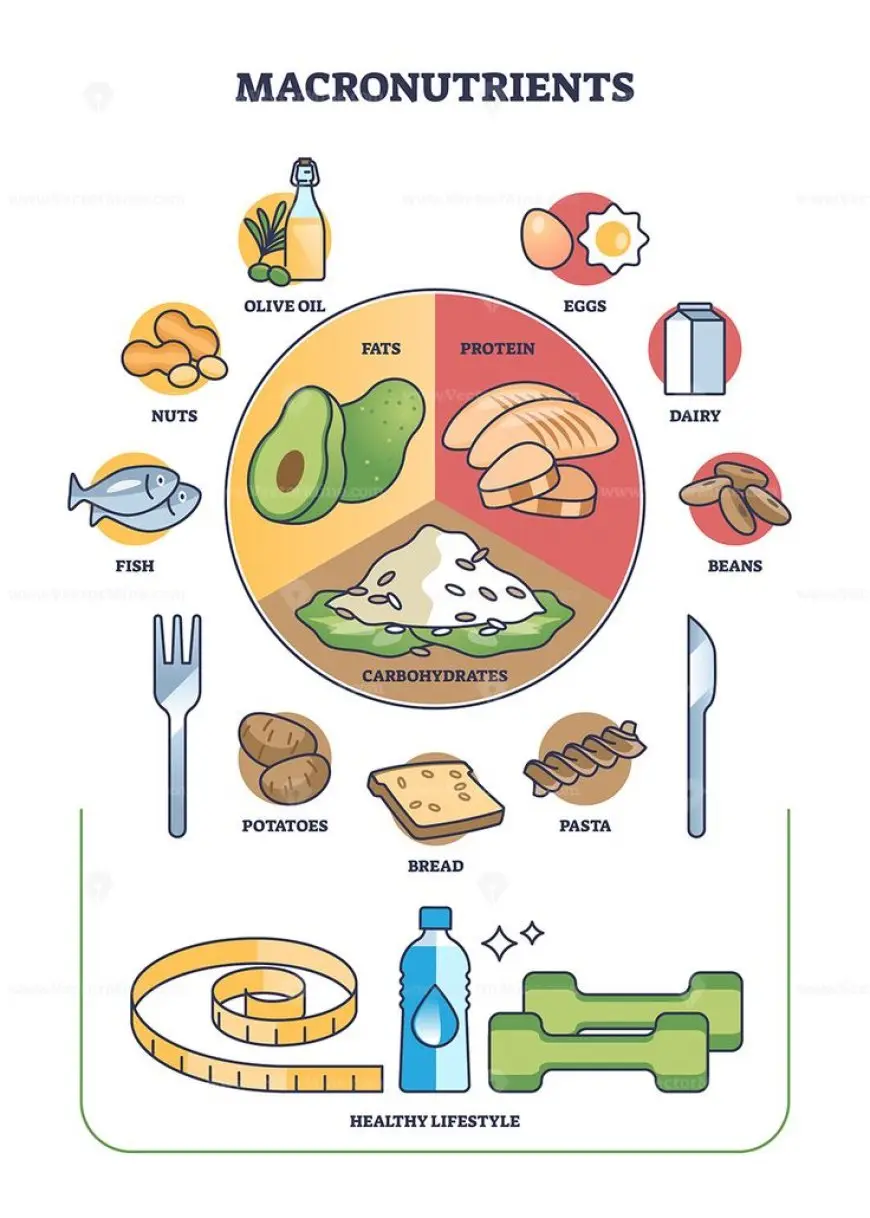Understanding Macronutrients: Proteins, Fats, and Carbs
Understanding Macronutrients: Proteins, Fats, and Carbs

Macronutrients are the nutrients your body needs in large amounts to provide energy and support essential functions. These include proteins, fats, and carbohydrates. Each plays a unique and vital role in your overall health and well-being. Understanding these macronutrients can help you make informed dietary choices and maintain a balanced diet.
Proteins
Proteins are the building blocks of your body. They are essential for repairing tissues, supporting muscle growth, and producing enzymes and hormones. Proteins are made up of amino acids, some of which your body cannot produce on its own and must be obtained through food.
Good sources of protein include lean meats, poultry, fish, eggs, dairy products, beans, lentils, tofu, and nuts. Incorporating a variety of protein-rich foods into your diet ensures you get all the essential amino acids your body needs.
Fats
Fats are often misunderstood but are an important part of a healthy diet. They provide energy, support brain function, and help your body absorb fat-soluble vitamins (A, D, E, and K).
There are different types of fats:
- Unsaturated Fats: Found in foods like avocados, nuts, seeds, and olive oil, these are considered healthy fats that can improve heart health.
- Saturated Fats: Found in animal products like butter and cheese, these should be consumed in moderation.
- Trans Fats: Found in some processed and fried foods, these are harmful and should be avoided as much as possible.
Choosing healthier fat sources and consuming them in moderation is key to maintaining a balanced diet.
Carbohydrates
Carbohydrates are your body’s primary source of energy. They are broken down into glucose, which fuels your brain and muscles. Carbs are classified into two types:
- Simple Carbs: Found in sugary foods and beverages, these provide quick energy but lack essential nutrients.
- Complex Carbs: Found in whole grains, vegetables, and legumes, these provide sustained energy and are rich in fiber, vitamins, and minerals.
To maintain stable energy levels, focus on complex carbs and limit your intake of added sugars. Whole grains, brown rice, oats, and vegetables are excellent choices for healthy carbohydrates.
Balancing Macronutrients
A balanced diet includes all three macronutrients in appropriate proportions to meet your body’s needs. The exact ratio of proteins, fats, and carbs varies depending on factors like age, activity level, and health goals. Consulting with a nutritionist can help you determine the best balance for your individual needs.
Why Macronutrients Matter
Each macronutrient serves a unique purpose, and consuming them in the right amounts supports optimal health:
- Proteins help build and repair your body.
- Fats provide energy and support essential functions.
- Carbs are the primary fuel source for your body and brain.
By understanding macronutrients and their role in your diet, you can make healthier food choices, maintain energy levels, and support your overall well-being.







